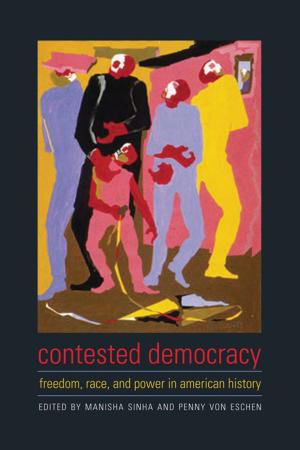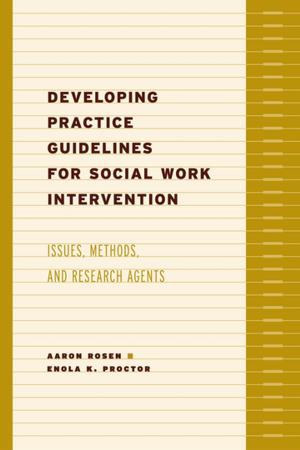Animals and the Moral Community
Mental Life, Moral Status, and Kinship
Nonfiction, Science & Nature, Nature, Animals, Animals Rights, Religion & Spirituality, Philosophy, Ethics & Moral Philosophy| Author: | Gary Steiner | ISBN: | 9780231512602 |
| Publisher: | Columbia University Press | Publication: | September 15, 2008 |
| Imprint: | Columbia University Press | Language: | English |
| Author: | Gary Steiner |
| ISBN: | 9780231512602 |
| Publisher: | Columbia University Press |
| Publication: | September 15, 2008 |
| Imprint: | Columbia University Press |
| Language: | English |
Gary Steiner argues that ethologists and philosophers in the analytic and continental traditions have largely failed to advance an adequate explanation of animal behavior. Critically engaging the positions of Marc Hauser, Daniel Dennett, Donald Davidson, John Searle, Martin Heidegger, and Hans-Georg Gadamer, among others, Steiner shows how the Western philosophical tradition has forced animals into human experiential categories in order to make sense of their cognitive abilities and moral status and how desperately we need a new approach to animal rights.
Steiner rejects the traditional assumption that a lack of formal rationality confers an inferior moral status on animals vis-à-vis human beings. Instead, he offers an associationist view of animal cognition in which animals grasp and adapt to their environments without employing concepts or intentionality. Steiner challenges the standard assumption of liberal individualism according to which humans have no obligations of justice toward animals. Instead, he advocates a "cosmic holism" that attributes a moral status to animals equivalent to that of people. Arguing for a relationship of justice between humans and nature, Steiner emphasizes our kinship with animals and the fundamental moral obligations entailed by this kinship.
Gary Steiner argues that ethologists and philosophers in the analytic and continental traditions have largely failed to advance an adequate explanation of animal behavior. Critically engaging the positions of Marc Hauser, Daniel Dennett, Donald Davidson, John Searle, Martin Heidegger, and Hans-Georg Gadamer, among others, Steiner shows how the Western philosophical tradition has forced animals into human experiential categories in order to make sense of their cognitive abilities and moral status and how desperately we need a new approach to animal rights.
Steiner rejects the traditional assumption that a lack of formal rationality confers an inferior moral status on animals vis-à-vis human beings. Instead, he offers an associationist view of animal cognition in which animals grasp and adapt to their environments without employing concepts or intentionality. Steiner challenges the standard assumption of liberal individualism according to which humans have no obligations of justice toward animals. Instead, he advocates a "cosmic holism" that attributes a moral status to animals equivalent to that of people. Arguing for a relationship of justice between humans and nature, Steiner emphasizes our kinship with animals and the fundamental moral obligations entailed by this kinship.















